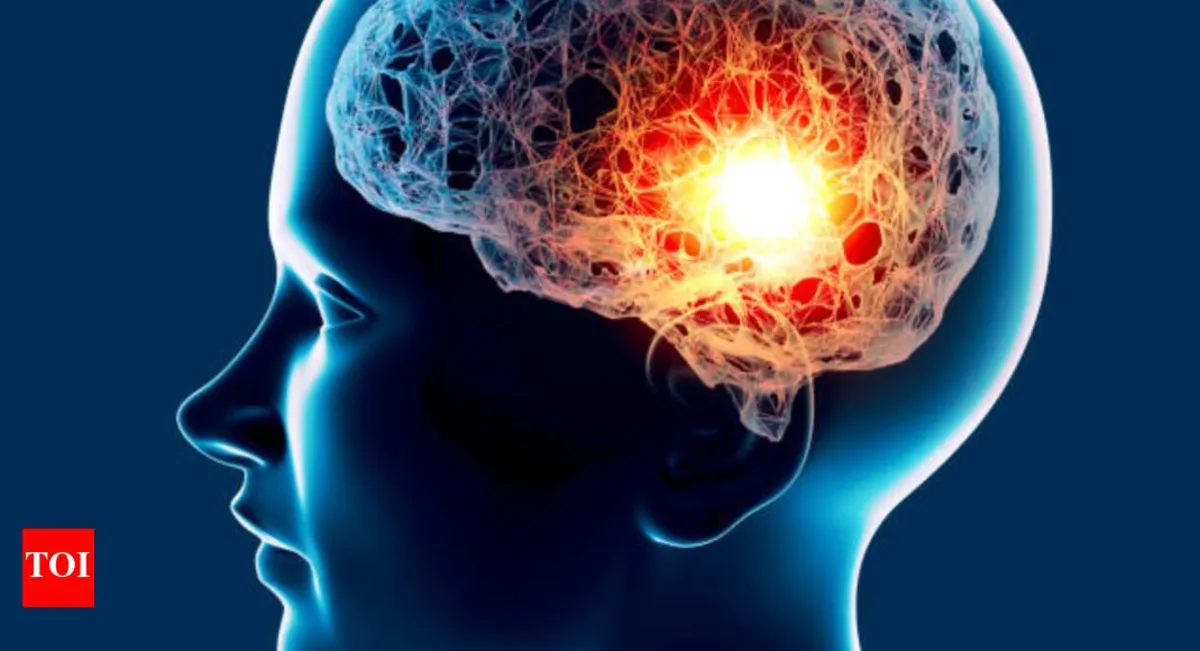
World Brain Day is commemorated every year on July 22, serving as a vital platform to raise awareness about various brain diseases and their impact on individuals and society. This year, the theme is “Brain Health for All Ages,” focusing on the importance of maintaining neurological health throughout our lives. As neurological disorders continue to be a leading cause of disability worldwide, this day emphasizes the critical need for increased funding and research in this field.
World Brain Day was initiated by the World Federation of Neurology (WFN), coinciding with the organization’s foundation day. This global observance has seen participation from doctors, scientists, policymakers, patient advocates, and individuals from around the world. Each year, the celebration revolves around a specific theme aimed at enhancing understanding of the importance of neurological care.
This year’s theme, “Brain Health for All Ages,” marks the 12th annual celebration of the event, highlighting that brain health is a lifelong concern. The journey of brain wellness begins from the moment a fetus develops in the womb and is further shaped by parental care, nutrition, lifestyle choices, and the environment. Each life stage, from infancy to old age, requires mindful attention and proactive habits to ensure proper growth and development.
Prof. Wolfgang Grisold, President of the World Federation of Neurology (WFN), emphasizes the significance of brain health by stating, “Brain health isn’t a moment in time—it’s a lifelong commitment.” The ongoing initiative of World Brain Day calls for action to protect neurological well-being from early development through adulthood and into older age. This commitment is essential for equitable access to care and resources for everyone.
The brain, a remarkable three-pound organ, is responsible for our thoughts, emotions, and decision-making skills. In an era marked by rapid technological advancement, mental health issues have become increasingly prominent. The impact of brain function on mental health cannot be overstated, as it influences our mood and perception of situations. Currently, neurological disorders rank as a leading cause of disability-adjusted life years (DALYs) globally, second only to heart disease.
Research has linked unhealthy lifestyle habits, environmental toxins, and poor nutrition to a rise in conditions such as Alzheimer’s, depression, and Parkinson’s disease. Despite these alarming trends, public education about neurological health remains insufficient, and funding for research in this area is alarmingly low compared to other diseases. The lack of awareness and prioritization of brain health issues makes initiatives like World Brain Day essential for bridging these gaps.
Over 1 billion people globally live with a neurological disorder, making it a pressing public health priority. As we navigate a world characterized by technological growth and increased life expectancy, it’s crucial to focus on brain cell growth and wellness. The health of our brains not only affects individuals but also shapes the future of families and communities.
The human brain contains approximately 86 billion neurons, forming around 100 trillion connections. These intricate networks are so complex that they challenge our understanding of thoughts and behaviors. Interestingly, the brain continues to develop until our late 40s, and it triples in size during the first year of life, reaching about 80% of its adult size by age two. According to a study referenced in Scientific American, if the brain functioned like a digital video recorder, it would require 2.5 petabytes of storage to hold three million hours of television.
This July 22, let’s unite not only for brain development but also for fostering a healthier lifestyle. A healthier brain is the cornerstone of personal wellness and the foundation of thriving communities. Engage in conversations about neurological health, advocate for research funding, and prioritize brain health for all ages.
Follow us on social media to stay updated on brain health initiatives and contribute to the global conversation!